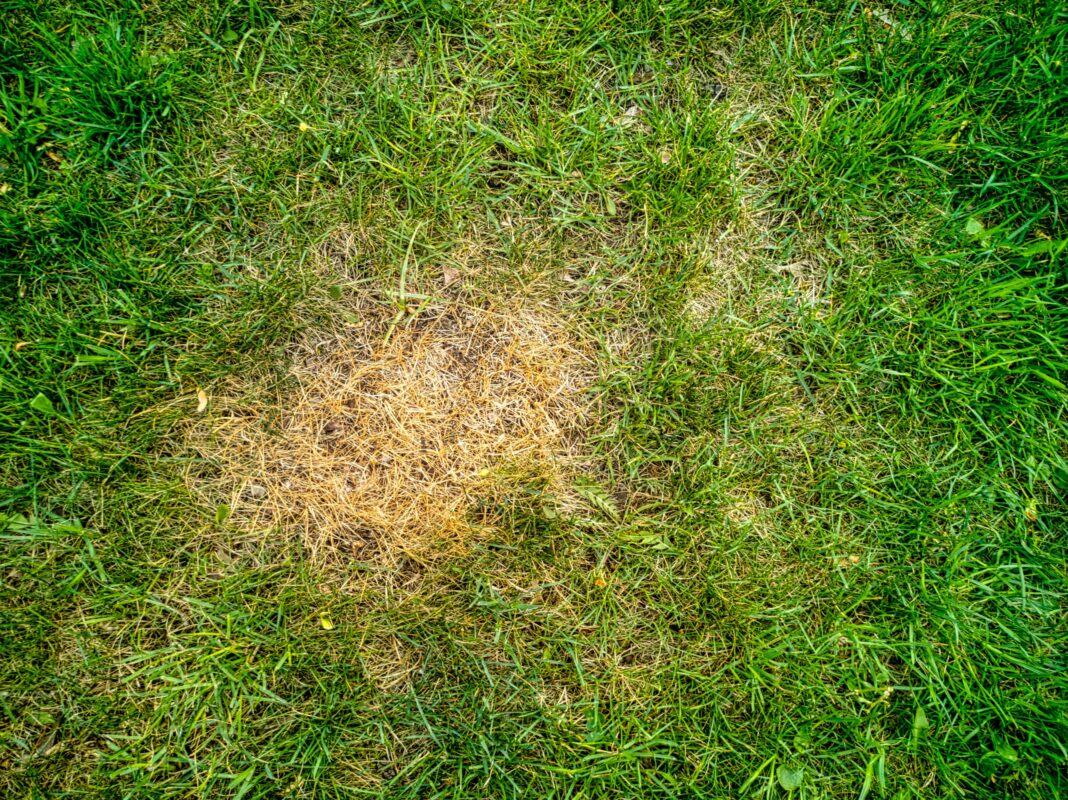Brown Spots on Your Lawn? 7 Causes and How to Fix Them
Introduction
Having brown spots on your lawn can be frustrating and unsightly. There are several reasons why brown spots may appear, including issues with watering, pests, diseases, and more. In this article, we will explore the seven most common causes of brown spots on your lawn and provide tips on how to fix them.
1. Lack of Water
One of the most common causes of brown spots on a lawn is a lack of water. If your lawn is not receiving an adequate amount of water, the grass will start to turn brown and dry out. To fix this issue, make sure to water your lawn regularly, especially during hot and dry periods. Consider installing a sprinkler system or watering early in the morning to avoid evaporation.
2. Overwatering
On the flip side, overwatering can also cause brown spots on your lawn. Too much water can lead to fungal growth and root rot, which can kill the grass in certain areas. To prevent overwatering, make sure to water your lawn deeply but infrequently. You can also invest in a moisture meter to monitor the soil’s moisture levels and adjust your watering schedule accordingly.
3. Compacted Soil
Compacted soil can prevent water, air, and nutrients from reaching the grass roots, leading to brown spots on your lawn. To fix this issue, aerate your lawn using a spike aerator or plug aerator to loosen the soil and improve drainage. You can also add organic matter, such as compost or peat moss, to improve soil structure and promote healthy grass growth.
4. Lawn Pests
Lawn pests, such as grubs, chinch bugs, and sod webworms, can cause brown spots on your lawn by feeding on the grass roots. To identify if pests are the cause of the brown spots, inspect the affected areas for signs of insect activity, such as holes in the ground or chewed grass blades. To fix this issue, you can apply insecticides or nematodes to control the pests and protect your lawn.
5. Fungal Diseases
Fungal diseases, such as brown patch and dollar spot, can also cause brown spots on your lawn. These diseases thrive in warm and humid conditions and can quickly spread throughout the grass. To prevent fungal diseases, avoid watering your lawn in the evening, as this can promote disease growth. You can also apply fungicides to affected areas or overseed with disease-resistant grass varieties.
6. Chemical Overload
Excessive use of fertilizers, herbicides, and pesticides can lead to brown spots on your lawn. Chemical overload can burn the grass, disrupt soil biology, and create nutrient imbalances, causing the grass to turn brown and die. To fix this issue, follow the recommended application rates for fertilizers and chemicals, and consider using organic or slow-release products to promote healthy grass growth.
7. Dog Urine
Dog urine contains concentrations of nitrogen and salts that can burn the grass and create brown spots on your lawn. To prevent brown spots caused by dog urine, water the affected areas immediately after your dog urinates to dilute the nitrogen and salts. You can also train your dog to urinate in a designated area or feed them a special diet to reduce the nitrogen content in their urine.
Conclusion
Overall, brown spots on your lawn can be caused by a variety of factors, including water issues, pests, diseases, soil compaction, chemical overload, and dog urine. By identifying the root cause of the brown spots and implementing the appropriate solutions, you can restore your lawn to its green and healthy state. Remember to water your lawn properly, address soil compaction, control pests and diseases, and avoid chemical overload to maintain a lush and vibrant lawn.
FAQs
- Q: How can I prevent brown spots on my lawn?
A: To prevent brown spots on your lawn, water deeply but infrequently, aerate the soil, control lawn pests, avoid overuse of chemicals, and address any issues with dog urine. - Q: Is it possible to fix brown spots on my lawn?
A: Yes, brown spots on your lawn can be fixed by addressing the root cause of the issue, such as watering problems, soil compaction, pests, diseases, chemical overload, or dog urine. - Q: When should I water my lawn to prevent brown spots?
A: It is best to water your lawn early in the morning to allow the grass to dry before evening, which can help prevent fungal diseases and brown spots caused by overwatering.




